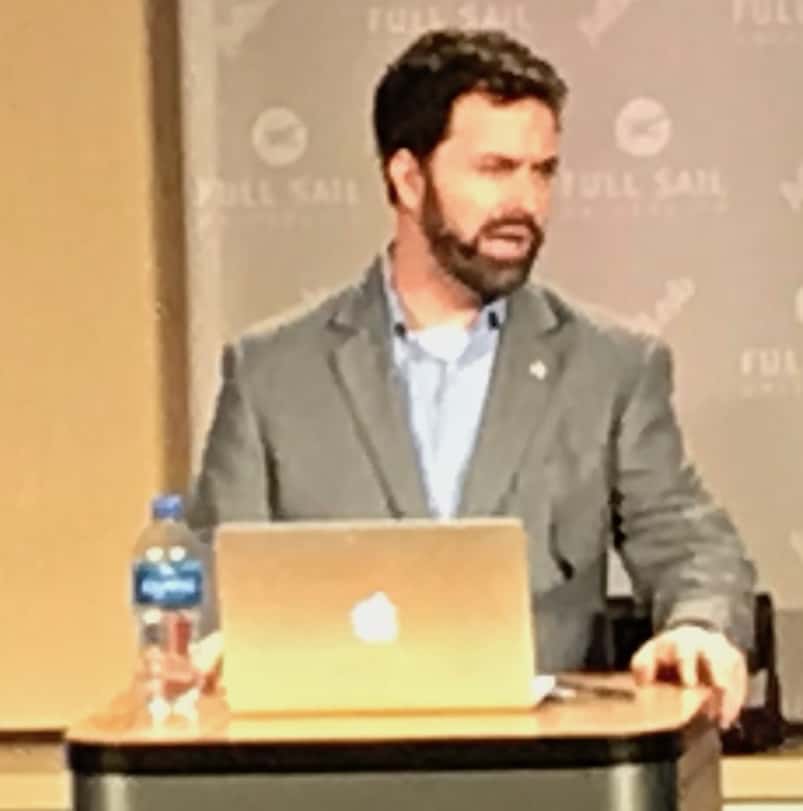Last month, I wrote an article about everyone being a critic. And I have been overwhelmed by the response from you, the readers. From comments to emails, it appears that I might have struck a nerve as this mob mentality desire for “the review” has gotten out of hand.

Recently, I had visited a doctor in the area with my son for a checkup. I had ample opportunity to discuss anything I wanted with this particular pediatrician, who is wonderful by any and all “review” standards. He took the time to answer perhaps silly questions, without judgment. He made sure we knew about the upcoming schedule of immunizations. And, overall, hit it out of the park with support, care, knowledge and attention. A superstar.
But then I got an email from his health group asking me to review said doctor. Surely these reviews don’t matter, right?! I mean, what could I possibly write in a review that I didn’t tell the doctor in person? Like the restaurant review from the last article – who was I to review this fantastic doctor? I didn’t go to med school. I didn’t do an internship. What do I know about this? In other words, my review would be just like the person who reviewed my favorite restaurant – just another uneducated opinion in a cesspool of mob mentality. What’s next? An online review of your spouse? All this got me to think about fifth grade an awful lot.
My fifth-grade teacher, Ms. Hermanson, was the worst. A devil in plain clothes. She was a terrible teacher. Terrible! And quite frankly, I thought she really was the devil. She had us doing work at a ninth-grade level. In fifth grade! Can you believe it?! We often had to stay after class if we didn’t get our classwork done. And our homework was massive – two hours a night. The fifth grade here, people! She would not tolerate anything less than a full effort. She taught us vocabulary that most adults around me did not know (still don’t know), and we were doing math at a ninth-grade level. I don’t remember much about being 10 years old, but I sure do remember that mean ol’ Ms. Hermanson.
The thing is, at the time, I hated this woman. I hated her with a passion … I still do a little bit. But now I realize that she was one of the finest teachers I have ever had. Even though my class was overcrowded and conditions inside my Los Angeles public school were deteriorating, I learned. I learned a lot. I owe a great debt of gratitude to Ms. Hermanson for helping to shape me into the man I am today. She was far more than a teacher. She was an inspiration. And the whole time I was in her class, I was kicking and screaming at every lesson. At every opportunity. I fought her at every turn. But she knew what was good for her students, and I didn’t know jack. It’s that simple.
Why is that? Why is it that sometimes we can’t see the forest for all the trees?
Because sometimes we have to let go of what we think we know and accept that someone just might know better than us. It happens. This is not true all the time – but it is true sometimes. And it is up to you and me and everyone we know to figure it out for ourselves. I am sure that you can think of many moments in your life where this held true. Perhaps it’s when your parents told you not to take that job – and that turned out right – but you fought it. Perhaps it’s advice a friend gave you to not move to that new city – but you disregarded the advice and it turned out to be a horrible place to live. We all have those moments in life where the teacher knows better than a bunch of 10-year-olds what is good for them. And it is imperative for us to make our own distinction, and not with some anonymous online review.
The Creator Mindset offers some insight into this by reminding you that the journey is often a long and arduous one. As you learn how to think creatively, you will think of the world as events that just happen. You will not personalize events with the spin that they are happening to you.
Think about it. Imagine how liberating that can be. The tree limb that fell onto your car? It just happened – it didn’t happen to you. The business deal you lost? It just happened. It didn’t happen specifically to you. There is nothing personal about it. It just is.
That is why it is so important to not look at life in the annals of details all the time. That’s exactly what I did with my fifth-grade teacher. And I was dead wrong about her. I thought I was trapped, but, in fact, I was being set free. She gave me a foundation for The Creator Mindset that I carry with me today. And these tools would later in life prove essential to my development.
Any snapshot of the stock market at any given time can only shed light on a particular moment. While that has some value, it’s not the most important thing in the world. That particular snapshot is irrespective of the past and not reflective of the future. Yet, we live in a society that values instant feedback. Instant reviews about a restaurant or a doctor. Data now. Quantification. Things reflected in numbers so that we feel safe.
But data is just that. Data. If it’s not made into information, real information, it’s pretty useless. And the shame is that we react to these pulses of data – just like I did when I was in Ms. Hermanson’s class – and make judgment calls on whether or not they are “good” or “bad.” It takes data to be made into information to be useful. And in this case, a 2012 study in the Archives of Internal Medicine called The Cost of Satisfaction: A National Study of Patient Satisfaction, Health Care Utilization, Expenditures, and Mortality found that patients who reviewed doctors highly were often not the best cared for or the healthiest. In fact, they were the most likely to be in poor health and die in the ensuing years. So much for that “good” review, eh?
It turns out that we are not so good at taking a wide look around, a big picture view, and putting things into context. And sometimes we need others to help us see the big picture when we are down a rabbit hole. That is what any good doctor does. That is what any good teacher does. And this warrants no review.

Nir Bashan is an executive creative director/managing director with over 19 years of advertising, entertainment and business development experience. He helps teach folks in non-creative fields how to think creatively to solve problems. He leads workshops and lectures on topics relating to The Creator Mindset. McGraw/Hill is publishing a book on The Creator Mindset that will be released in 2020. http://www.nirbashan.com/.


